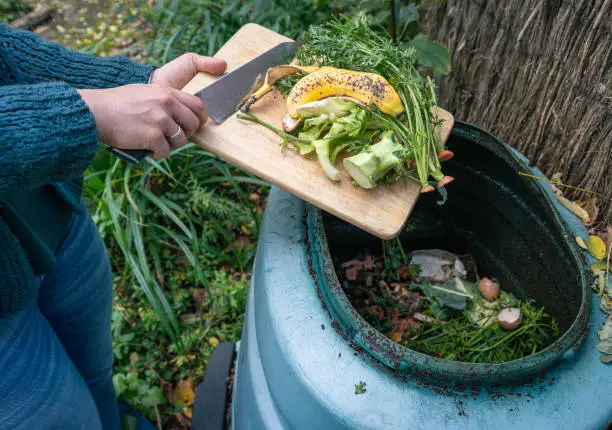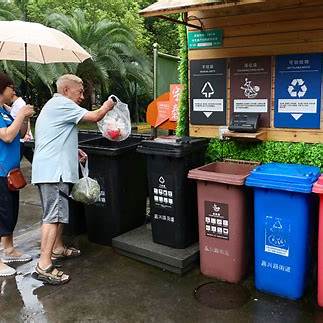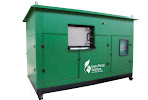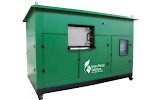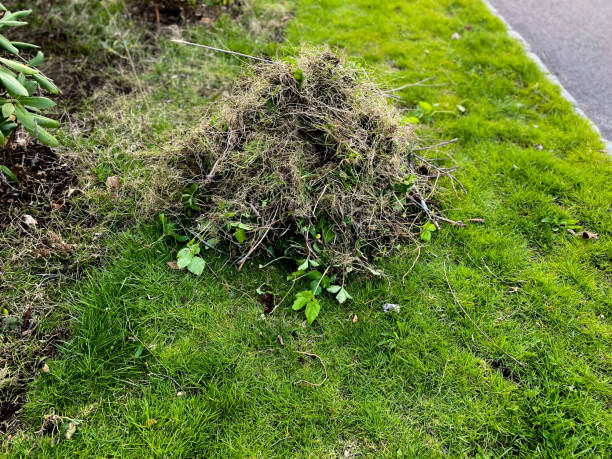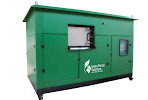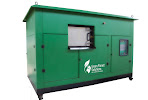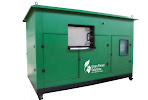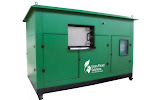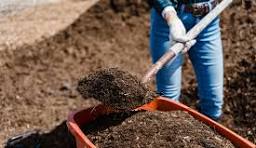ENQUIRE NOW FOR BEST COMPOSTING MACHINES IN INDIA –https://share.hsforms.com/1d12AT_oJScm8iiXbjSrEIwrh2r7
AI-Powered Composting: How UAE Businesses Benefit From Automation & Odor Control
In 2025, food businesses across the UAE—restaurants, hotels, cloud kitchens, cafeterias, bakeries, and catering companies—are rapidly shifting to AI-Powered Composting systems. With new municipal waste rules, rising disposal fees, and sustainability becoming a brand necessity, the UAE is embracing smarter waste technology like never before.
AI-driven composters are not just machines—
👉 They are automated, odor-free, compliance-ready waste management solutions designed for the UAE’s climate, regulations, and business environment.
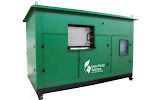
This blog explains how AI-Powered Composting works, why it is becoming a must-have tool in the UAE, and how businesses benefit from automation, cost savings, and complete odor control.
🔍 Why the UAE Needs AI-Powered Composting Right Now
UAE’s food service industry is expanding rapidly—
but so is organic waste.
- Large hotels produce hundreds of kilos daily
- Cloud kitchens generate continuous mixed waste
- Restaurants struggle with odor, pests & bin overflow
- Municipal waste rules are getting stricter every month
AI-driven systems solve the major weaknesses of traditional composting:
✔ Too much manual sorting
✔ Strong odors
✔ High risk of contamination
✔ Slow composting cycles
✔ Operational inefficiencies
AI makes composting faster, cleaner, smarter, and fully automated.
ENQUIRE NOW FOR BEST COMPOSTING MACHINES IN INDIA –https://share.hsforms.com/1d12AT_oJScm8iiXbjSrEIwrh2r7
🤖 How AI-Powered Composting Works (Simplified Explanation)
AI-driven composting machines use:
🔸 Sensors
To detect moisture, temperature, load, and composition.
🔸 AI Algorithms
To adjust heating, mixing, aeration, and microbial activity in real time.
🔸 Smart Odor-Control Systems
Activated carbon filters + biological odor neutralizers + automated ventilation.
🔸 Automated Segregation Assistance
Color-coded indicators & sensors detect contamination in food waste.
🔸 Mobile App/Cloud Monitoring
Track composting progress, machine status & compliance logs.
Image Alt Example:
alt=”AI-Powered Composting machine sensors and odor control UAE”
⭐ Top Benefits of AI-Powered Composting for UAE Businesses
1️⃣ Automation Reduces Manual Work & Human Error
AI eliminates the guesswork.
No more constant monitoring or manual adjustments.
✔ Automated mixing
✔ Automated aeration
✔ Automated temperature control
✔ Self-learning composting cycles
This means less labor and fewer mistakes, especially in busy kitchens.
2️⃣ AI-Based Odor Control Keeps the Environment Fresh
Odor is the biggest complaint in food waste management.
AI systems solve this by:
- Detecting odors early
- Activating deodorization cycles
- Adjusting decomposition speed
- Neutralizing smells using biofilters
Your waste area remains odor-free—even in UAE heat.
Image Alt Example:
alt=”AI-Powered Composting odor control system UAE”
3️⃣ Helps Achieve 2025 UAE Municipal Waste Compliance
The new regulations require:
- Waste segregation
- Reduction of landfill waste
- On-site treatment for food businesses
- Monthly waste reporting
AI machines generate:
✔ Digital logs
✔ Automated reports
✔ Foolproof composting cycles
This helps businesses stay 100% compliant with zero stress.
ENQUIRE NOW FOR BEST COMPOSTING MACHINES IN INDIA –https://share.hsforms.com/1d12AT_oJScm8iiXbjSrEIwrh2r7
4️⃣ Cuts Waste Disposal Costs by 50–70%
Manual waste handling is expensive.
AI composting reduces:
- Waste collection volumes
- Transportation costs
- Contractor fees
- Labor required for waste handling
The machine converts food waste into compost within 24 hours, reducing volume by 80–90%.
5️⃣ Enhances Hygiene & Prevents Pests
Odor-free waste areas discourage:
- Flies
- Rodents
- Insects
- Bacteria
This is especially critical for restaurants, hotels, and cloud kitchens where hygiene ratings matter.
6️⃣ Produces High-Quality Compost for Landscaping or CSR
Compost can be used for:
- Gardens
- Landscaping
- CSR donations
- In-house greenery
- Community farming initiatives
A powerful brand advantage for UAE businesses.
💡 AI-Powered Composting: Perfect for These UAE Sectors
- Hotels & resorts
- Chain restaurants
- Cloud kitchens
- Corporate cafeterias
- Schools & universities
- Hospitals
- Hypermarkets
- Food courts
- Catering facilities
Any business generating organic waste will benefit.
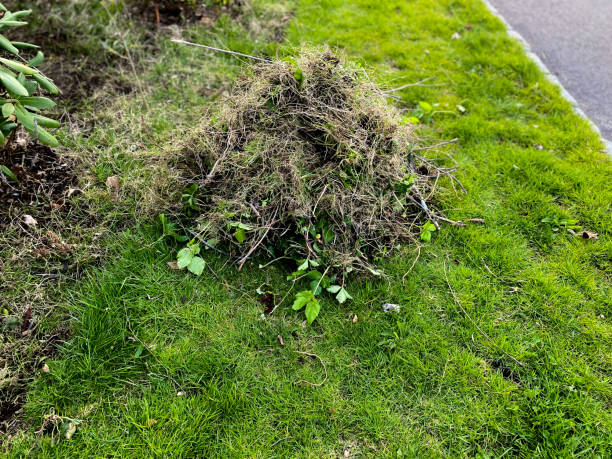
👀 Why Green Planet Solutions Pune Is the Trusted Partner for UAE Businesses
We provide:
✔ AI-enabled composting machines
✔ Zero-odor waste treatment solutions
✔ Compliance-ready waste systems
✔ Installation + training + maintenance
✔ End-to-end support for UAE food businesses
We help you reduce costs, meet compliance, and enhance sustainability effortlessly.
- Future-ready
- Smart automation
- Odor-free
- Compliance-ready
- High-impact
- Intelligent
- Cost-saving
- Sustainable transformation
- Eco-responsible
- Next-generation technology
AI composting UAE
smart composting UAE
AI food waste solutions
odor-free composting machine
UAE waste management 2025
restaurant waste UAE
Green Planet Solutions UAE
automated composting machine
#AIComposting
#SmartWasteUAE
#ZeroOdorComposting
#GreenPlanetSolutions
#FoodWasteUAE
#SustainabilityUAE
#EcoFriendlyUAE
#WasteManagementUAE
#UAE2025
#GreenTechSolutions

